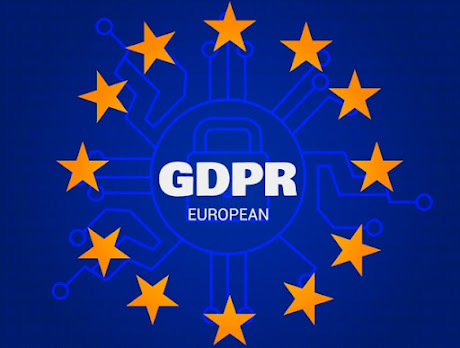Analyzing the length of judicial proceedings: The CEPEJ adopted the Time Management Checklist

During its 40th plenary meeting (Strasbourg, 15-16 June 2023), the Council of Europe European Commission for the efficiency of justice (CEPEJ) adopted the revised Time Management Checklist and its Explanatory Note. The first version was adopted by the CEPEJ in 2005 and was very successful since then within the European judicial systems. The Checklist is a diagnostic and management tool to help the judiciary to collect information on and analyse relevant aspects of the duration of judicial proceedings. It provides an initial set of questions with purpose of helping in collecting appropriate information about the cases and to analyse relevant aspects of duration of court proceedings. The questions are structured around six indicators pertaining to the establishment and monitoring of duration of proceedings, timeframes, case weighting and use of information and communication technologies in courts. Based on the collected information and outcomes of the analysis, its purpose is to suppor










